Keynote Speakers

Prof. Benjamin BECKER
The University of Hong Kong
Prof. Benjamin Becker is Full Professor at The University of Hong Kong and Adjunct Professor at the University of Electronic Science and Technology of China, directing labs focused on cognition, affect, and motivation (http://www.beckerlab.org). His research uses advanced neuroimaging, AI-inspired neural decoding, and neuromodulation to determine how the human brain constructs and regulates emotions and how these processes can be regulated by neuropeptides, BCI and AI. He published over 300 scientific publications, serves in editorial roles for leading journals (Advanced Science, Psychotherapy and Psychosomatics, Psychopharmacology), and leads task forces at the Global Brain Consortium and the Cognitive Science Program at HKU.

Prof. Dean MOBBS
California Institute of Technology (Caltech)
Prof. Dean Mobbs is interested in the intersection of behavioral ecology, economics, emotion, and social psychology. Prior to Caltech, Mobbs was an Assistant Professor of psychology at Columbia University and a research assistant at Stanford University. He conducted his PhD at University College, London under the auspices of Professors Chris Frith FRS and Ray Dolan FRS. His awards include the APS Janet Spence Award for Transformative Early Career Contributions (2015) and the NARSAD Young Investigator Award (2015). He is a life fellow of Clare Hall at the University of Cambridge. In 2019, he was named a Chen Scholar at the Tianqiao and Chrissy Chen Institute for Neuroscience at Caltech.

Prof. Anqi QIU
The Hong Kong Polytechnic University
Prof. Qiu is currently the Director of Mental Health Research Centre, a Professor and Global STEM Scholar in the Department of Health Technology and Informatics at the Hong Kong Polytechnic University (PolyU). Before joining PolyU, she served as Deputy Head of the Department of Biomedical Engineering at the National University of Singapore (NUS), where she had been a faculty member after the completion of her PhD studies.
Prof. Qiu is a Fellow of the Organization for Human Brain Mapping (OHBM) and has been recognized as a Highly Cited Researcher and ranked among the World’s Top 2% Scientists by Stanford University. Recently, she was elected as the Chair of OHBM, a testament to her leadership in the field.
Specializing in computational analyses, Prof. Qiu is deeply committed to understanding the origin of individual health differences throughout a lifespan. She leverages complex and informative datasets that include disease phenotypes, neuroimaging, and genetics to further her mental health research. Her team has high-impact publications in Nature, Nature Neuroscience, Nature Mental Health, American Journal of Psychiatry, Biological Psychiatry, IEEE Transactions in Medical Imaging, Medical Image Analysis, etc.

Prof. Allan REISS
Stanford University
Prof. Reiss obtained a BA in Psychobiology from Swarthmore College, and MD from George Washington
University. Postgraduate training was at University of Colorado, Children’s National Medical Center and Stanford University. Prof. Reiss was Professor of Psychiatry, Neurology and Pediatrics at Johns Hopkins University before coming to Stanford in 1997. His work uses multimodal methods to determine how biological and environmental factors affect brain structure and function, and to determine how these factors ultimately impact cognitive-behavioral and psycho-social outcome in persons with typical and atypical development. Another focus of his work is on the neuroscience of cognition and behavior in typically developing persons.
Guest Speakers
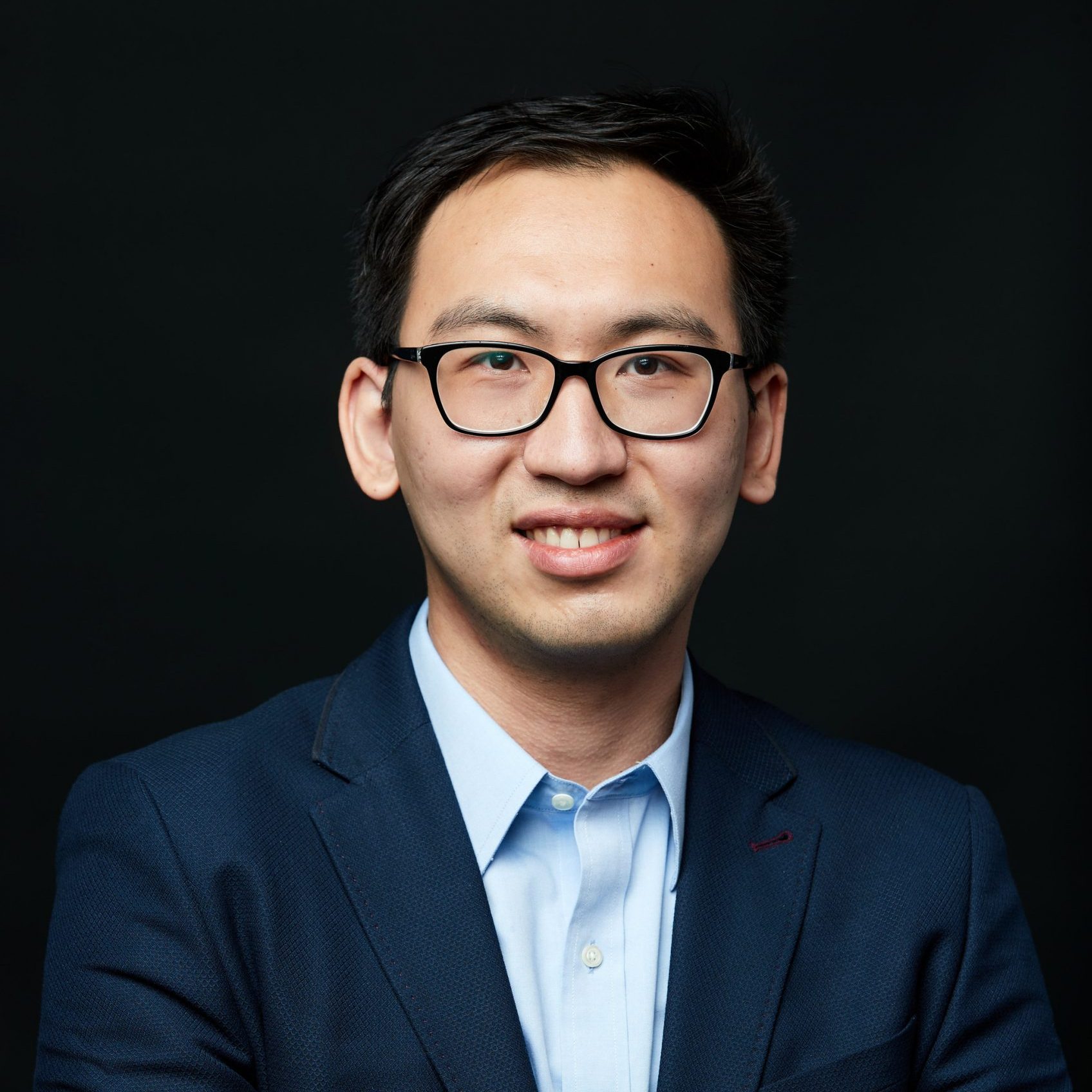
Prof. Jiaming CAO
University of Macau
Prof. Cao is an Assistant Professor at the Centre for Cognitive and Brain Sciences at the University of Macau. He received his PhD and MS degree in Biomedical Engineering from Carnegie Mellon University, and Bachelor’s degree in Electronic Engineering from Tsinghua University. Dr. Cao’s work is mainly concerned with developing new data processing algorithms and modeling techniques applied to non-invasive neuroimaging and neurostimulation, specifically focusing on diffuse optics and electroencephalography.

Prof. Minghu HAN
Shenzhen University of Advanced Technology (SUAT)
Prof. Ming-Hu Han is Chair Professor in SUAT, Adjunct Professor in ISMMS, and an elected fellow in American College of Neuropsychopharmacology (ACNP). His research focuses on the neural circuit mechanisms of susceptibility and resilience to chronic stress in rodent models. His work revealed the neural mechanism that underlies stress resilience and identified KCNQ channels as a new drug target for depression treatment. His collaborative investigations showed that KCNQ opener ezogabine has significant antidepressant effects in patients with major depressive disorder. His work is published in high profile journals, including Cell, Nature, and Science, and cited over 16,900 times.

Prof. Tianzi JIANG
Institute of Automation, Chinese Academy of Sciences
Prof. Tianzi Jiang is Professor and Director of Key Laboratory of Brainnetome and Brain-Computer Interface at the Institute of Automation, Chinese Academy of Sciences, and Director of Xiaoxiang Institute of Brain Health. He obtained PhD degree at Zhejiang University and BSc degree at Lanzhou University. He was Chair of Organization of Human Brain Mapping (2024-2025). He was elected a member of the Academy of Europe, a fellow of IEEE, IAPR and AIMBE. He has published over 400 peer-review journal papers and they obtained 45000 citations. He is the recipient of Hermann von Helmholtz Award, Turan Itil Career Contribution Award, and Natural Science Award of China.

Prof. Guolin MA
Peking University, Peking Union Medical College
Appointed Chairman of the Branch of Medical Imaging Engineering and Technology, Chinese Society of Biomedical Engineering; Standing Committee Member of the Imaging Branch of the China Medical Rescue Association; Vice President of the Radiological Imaging Equipment Branch of the China Association of Medical Equipment; Vice President of the Imaging Branch of the China Medical Rescue Association; Standing Committee Member of the Radiology Professional Committee of the Chinese Research Hospital Association; Member of the expert group for the key projects “Research and Development of Digital Diagnosis and Treatment Equipment” and “Brain Science and Brain-Like Research” under the National Key R&D Program of the Ministry of Science and Technology. Reviewer for the National Natural Science Foundation of China (NSFC) and for national and Beijing science and technology awards.
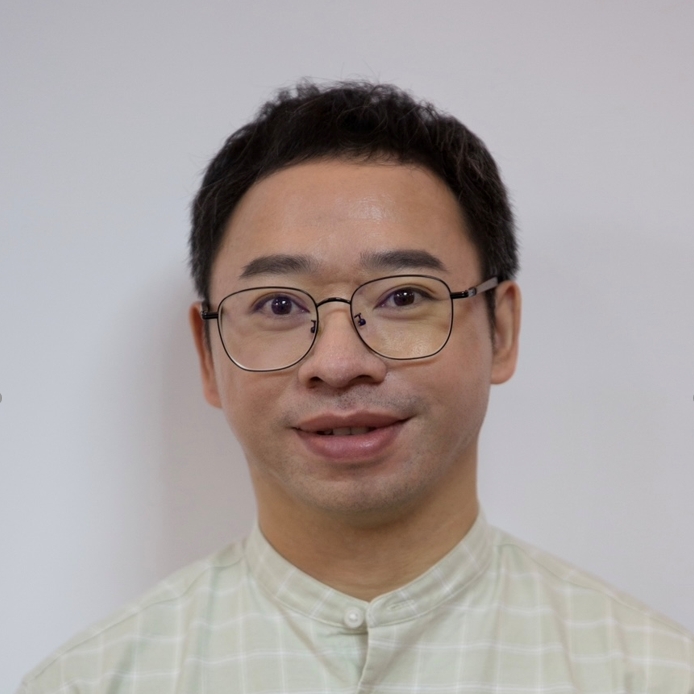
Prof. Zhihai QIU
Guangdong Institute of Intelligence
Science and Technology
Prof. Qiu obtained his BSc in Physics and M Phil in Optical Engineering from Fujian Normal University in 2012 and 2015, and his doctoral degree in Biomedical Engineering from The Hong Kong Polytechnic University in 2019. He worked as a postdoc at Stanford with Kim Butts Pauly. He is currently Principal Investigator at Guangdong institute of Intelligence Science and Technology. His current research is focusing on functional ultrasound imaging and ultrasound neuromodulation. His research has been published in high profile journals, including Cell Reports, PNAS, Brain stimulation.
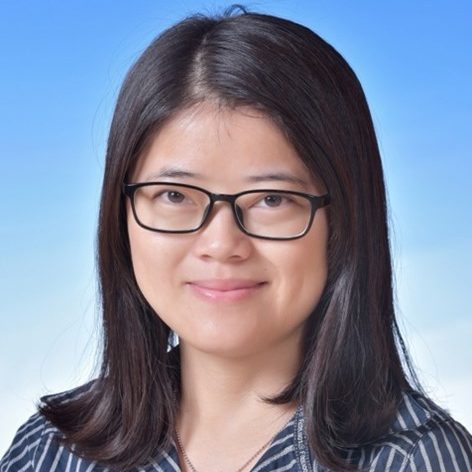
Prof. Haiyan WU
University of Macau
Prof. Haiyan Wu’s research primarily focuses on the neural mechanisms of social cognition. Her publications have been cited over 1850 times. As a first or corresponding author, Professor Wu has published more than 60 papers in neuroscience and psychology journals, such as Nature Communications, eLife, Neuroscience & Biobehavioral Reviews, Scientific Data, Neuroimage, Annals of the New York Academy of Sciences, and Human Brain Mapping. She has also obtained 3 neuroscience-related patents. Her research achievements have been cited by numerous domestic and international experts in journals like Nature Communications, Advanced Science, and Social Cognitive and Affective Neuroscience. She is selected as one of the “Top 30 Young Innovators in Brain Science and Artificial Intelligence Research” in 2023.
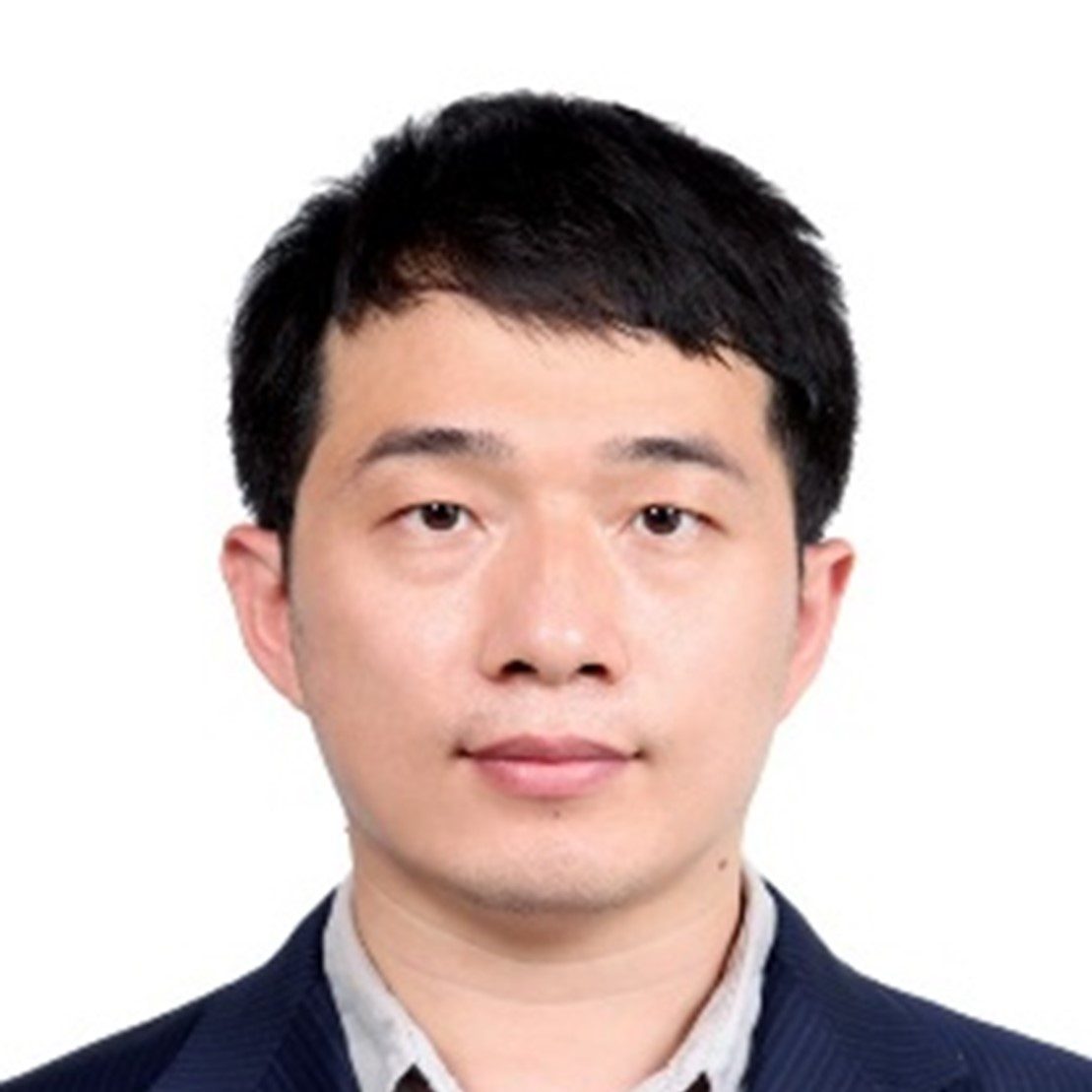
Prof. Guochun YANG
Guangdong Institute of Intelligence Science and Technology
Prof. Guochun Yang is a researcher and the PI of the Laboratory of Cognitive Neural Representation and Regulation. He obtained his Bachelor of Medicine degree from Wuhan University in 2012 and his Ph.D. in Cognitive Neuroscience from the University of Chinese Academy of Sciences in 2018. From July 2018 to February 2025, he conducted postdoctoral research at the Institute of Psychology, Chinese Academy of Sciences, and the Department of Psychological and Brain Sciences at the University of Iowa, USA. His research findings have been published in journals such as PLOS Biology, eLife, Journal of Neuroscience, and Neuroscience & Biobehavioral Reviews etc.
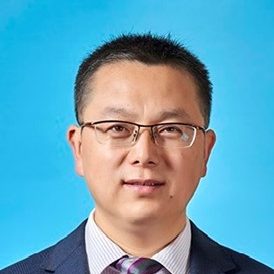
Prof. Haibo YANG
Tianjin Normal University
Prof. Haibo Yang, professor and the dean of the Department of Psychology at Tianjin Normal University. The research field is to explore the relationship between cognitive processing and mental health in adolescents using problematic smartphones. The papers were published in journals such as Computer in Human behavior, Journal of Affective Disorders, et al. He has been granted 8 invention patents and participated in the formulation of 1 national standard. He won the first prize of Tianjin Humanities and Social Sciences Outstanding Achievements and the Zhixian Zhu Psychology Award. The textbook “Experimental Psychology” won the first National Excellent Textbook Award.
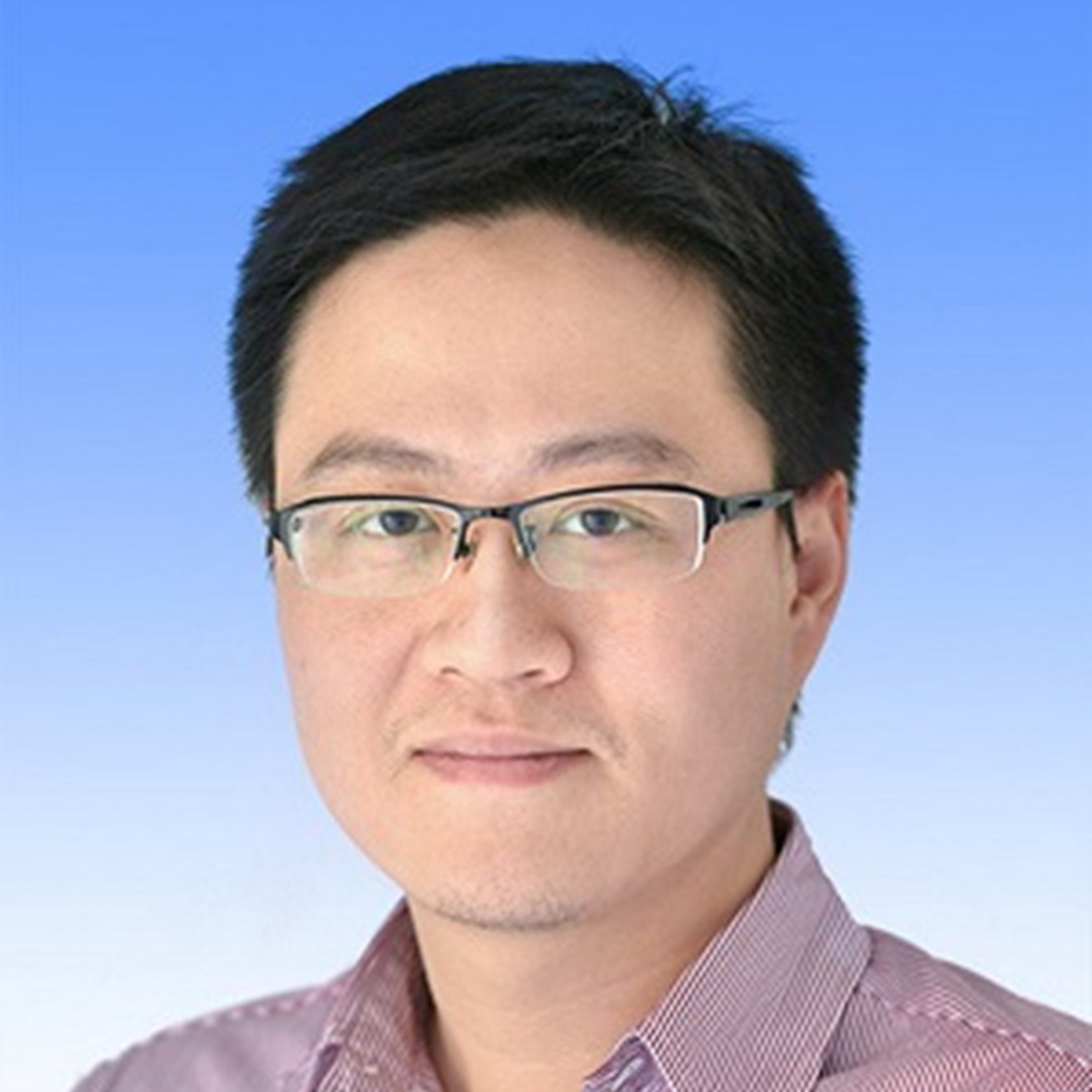
Prof. Peng ZHANG
Institute of Biophysics, Chinese Academy of Sciences
Prof. Peng Zhang is an investigator and processor of State Key Lab of Brain and Cognitive Science, Institute of Biophysics, Chinese Academy of Sciences. He studies human visual perception, attention and plasticity by combining behavioural and high-resolution neuroimaging techniques (e.g. 7T fMRI and MEG/EEG). His lab recently developed novel experimental paradigms and high-resolution fMRI approaches that enabled non-invasive imaging of mesoscopic functional units in the human brain, such as cortical columns and layers, and functional subdivisions of small subcortical nuclei.

Prof. Xinian ZUO
Beijing Normal University
Prof. Xi-Nian Zuo is the Fellow of the Organization of Human Brain Mapping, associate editors of Chinese Science Bulletin and Science Bulletin for the field of Life Science, and currently serves as the Chief Scientist of the Chinese Color Nest Data Community at Science Data Bank (https://ccndc.scidb.cn)
